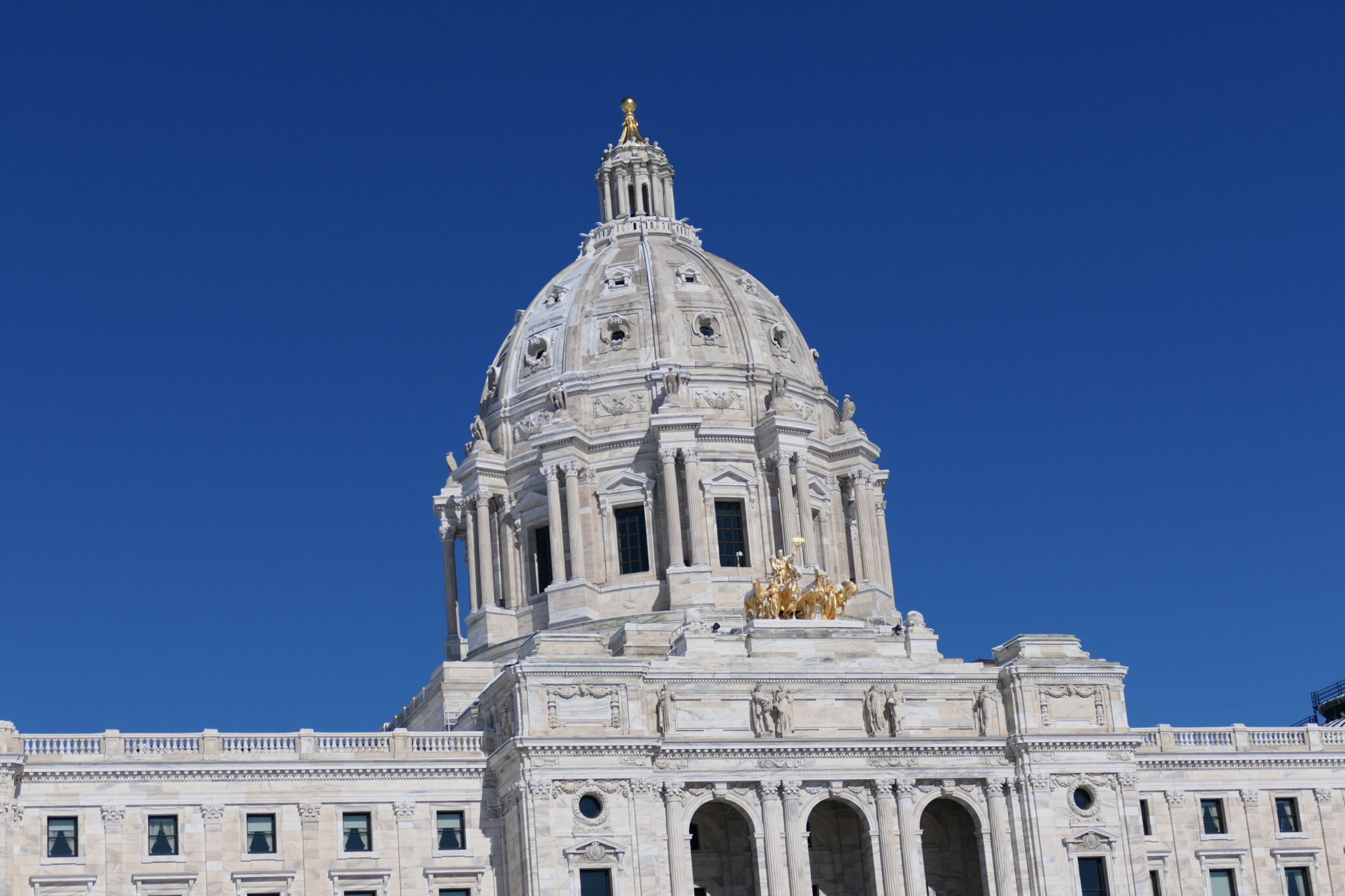Betting Battle: Minnesota Senators Clash Over Sports Gambling Future

Hopes for legalizing sports betting in the state took a significant hit Thursday when a promising bill backed by major gambling industry players stalled in a crucial legislative committee. Senator Matt Klein's proposed legislation failed to advance past the Senate State and Local Government committee, dampening the spirits of advocates who had been optimistic about passing sports betting regulations this year.
The setback represents a temporary roadblock for proponents who have been pushing to bring legal sports wagering to the state. Despite having support from prominent gambling companies and potential stakeholders, the bill could not secure enough committee votes to move forward in the legislative process.
This unexpected turn of events means that sports betting enthusiasts and industry supporters will need to regroup and potentially revise their strategy for future legislative sessions. The defeat underscores the complex political landscape surrounding gambling expansion and the challenges of gaining legislative approval.

